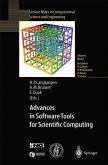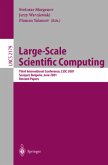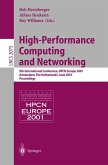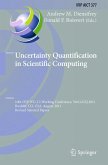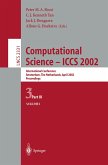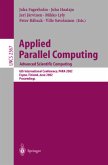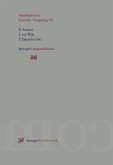Looking back at the years that have passed since the realization of the very first electronic, multi-purpose computers, one observes a tremendous growth in hardware and software performance. Today, researchers and engi neers have access to computing power and software that can solve numerical problems which are not fully understood in terms of existing mathemati cal theory. Thus, computational sciences must in many respects be viewed as experimental disciplines. As a consequence, there is a demand for high quality, flexible software that allows, and even encourages, experimentation with alternative numerical strategies and mathematical models. Extensibil ity is then a key issue; the software must provide an efficient environment for incorporation of new methods and models that will be required in fu ture problem scenarios. The development of such kind of flexible software is a challenging and expensive task. One way to achieve these goals is to in vest much work in the design andimplementation of generic software tools which can be used in a wide range of application fields. In order to provide a forum where researchers could present and discuss their contributions to the described development, an International Work shop on Modern Software Tools for Scientific Computing was arranged in Oslo, Norway, September 16-18, 1996. This workshop, informally referred to as Sci Tools '96, was a collaboration between SINTEF Applied Mathe matics and the Departments of Informatics and Mathematics at the Uni versity of Oslo.
Bitte wählen Sie Ihr Anliegen aus.
Rechnungen
Retourenschein anfordern
Bestellstatus
Storno



